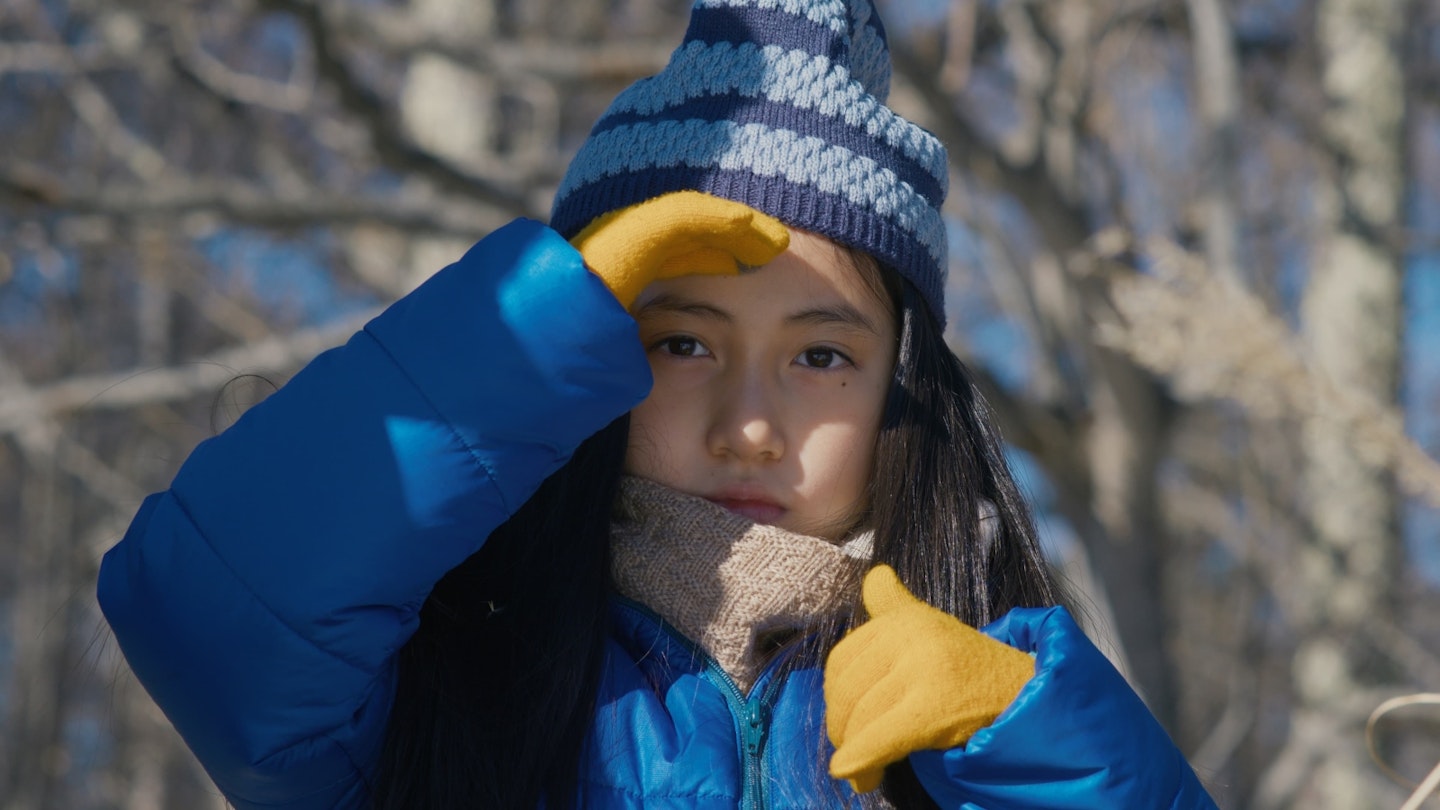Heads up: that beckoning, baiting title is a red herring. This icily unnerving enigma of a film from director Ryusuke Hamaguchi makes no pronouncements on evil one way or the other; it’s more concerned with how some actions can have disturbingly unpredictable consequences.

Not much seems to happen in the movie’s stately opening section, in which we’re immersed in the everyday goings-on among a small community in the snowy woodlands of Japan. It feels almost like a flex from the director of 2021's Drive My Car, a three-hour psychological odyssey whose surprise commercial success may have suggested to Hamaguchi that audiences are willing to follow him wherever he goes.
Culminates in Ryusuke Hamaguchi’s most mysterious climax to date.
But half an hour in, Evil Does Not Exist snaps sharply into focus. At a town-hall meeting called by a Tokyo-based corporation, two company spokespeople, Takahashi (Ryuji Kosaka) and Mayuzumi (Ayaka Shibutani), lay out their boss’ business proposal: a glamping site in the woods. The idea is met with fierce resistance from the local attendees, who know exactly how much damage a septic tank placed in a suboptimal location would wreak on the community.
What seems to be a film about the rural/urban divide and the wanton spoliation of nature suddenly takes a delightfully unexpected turn: Takahashi and Mayuzumi quickly see things from the locals’ point of view and try to work with them to find a sustainable solution. As the two corporate emissaries try awkwardly but endearingly to gain the trust of the quiet jack-of-all-trades Takumi (Hitoshi Omika), a note of humanist optimism — the suggestion that capitalism’s hapless foot-soldiers can be just as humane as its supposed victims — is sounded. But Takumi is a wild card, and when his daughter Hana (Ryo Nishikawa) goes missing one day, things take a very dark turn for all concerned, culminating in Hamaguchi’s most mysterious climax to date. Evil may or may not exist, but irresolvable ambiguity in cinema is very much alive and kicking.
